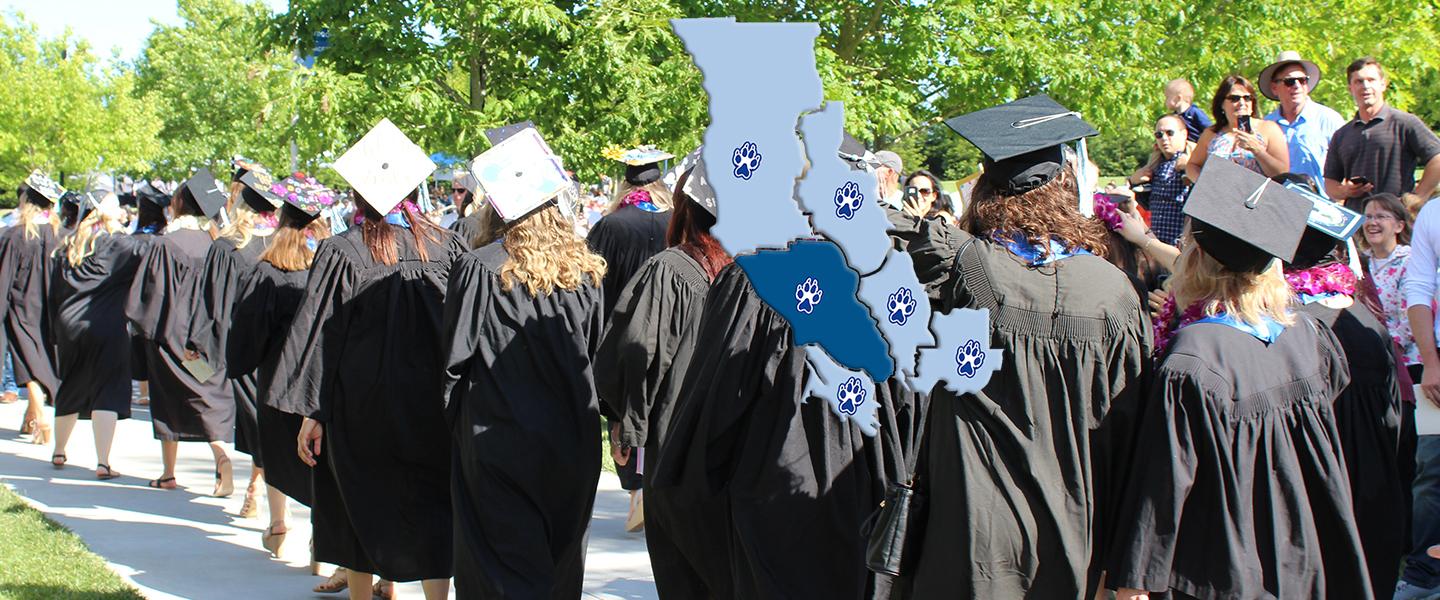What You Can Do with a Liberal Studies Major
Despite the jokes about flipping burgers, the short answer is, you can do most anything you want to with a Liberal Studies degree. Because of the wide scope of subjects covered, it is excellent preparation for students interested in careers in teaching, counseling, social work, public service, law or business, as well as graduate work in the social sciences and humanities.
Careers for Liberal Studies Majors
Despite the cliché that liberal studies majors will wind up flipping burgers for a living, careers available to those with a degree in Liberal Studies are many and varied. Employers like the big- picture, inclusive approach to problem-solving, the freshness of vision that can bring new ideas to their organizations, and the independence and self-assurance that broad experience in a wide variety of fields can foster.
Despite the cliché that liberal studies majors will wind up flipping burgers for a living, careers available to those with a degree in Liberal Studies are many and varied. Employers like the bigpicture, inclusive approach to problem-solving, the freshness of vision that can bring new ideas to their organizations, and the independence and self-assurance that broad experience in a wide variety of fields can foster.
In fact, the versatility of Liberal Studies graduates makes them better able to deal with the uncertainties of today's job market, since they are not locked into a narrowly defined set of skills. Excellent oral and written communication skills give Liberal Studies graduates the flexibility to move into new opportunities as they arise. Indeed, employer surveys have found that liberal arts graduates are preferred for middle and upper management positions due to their superior communication skills and ability to evaluate and synthesize information from many sources.
Teaching Credential Information
General information on teaching in California is at www.teachcalifornia.org. Sonoma State’s Education Department offers workshops for prospective teachers. The schedule and current information about requirements is on their website at www.sonoma.edu/education. The credential programs at Sonoma State University require between 33 and 43 units of coursework and student teaching.
The California Commission on Teacher Credentialing (CTC), www.cvc.ca.gov, currently requires K—12 credential applicants to:
- Complete a Bachelor’s Degree at an accredited institution
- Pass the California Basic Education Skills Test (CBEST)
- Pass the California Subject Examination for Teachers (CSET) or Single Subject Assessment Test (SSAT) to prove your subject matter competency
- Complete 45 hours of supervised field experience in a public school
- Pass a background check, including fingerprinting, and submit a clear TB test and
- Complete prerequisite coursework (varies according to credential and institution). Some credentials also require the equivalent of 6 units of a college-level foreign language.
Teacher Tests: The CBEST is offered six times a year and is described in detail at the National Evaluation Systems website at www.cbest.nesinc.com. Testing sessions for the CSET and SSAT are also held six times a year, offered by National Evaluation Systems. That website is www.cset.nesinc.com. A web search can locate preparation workshops and materials.
If you are planning to attend a different institution for your credential, contact them as soon as possible to make sure you are on the right track with your undergraduate work. Other accredited colleges that offer credential programs (in alphabetical order):
- Brandman University: www.brandman.edu offers hybrid classes in Fairfield, Travis AFB and Walnut Creek as well as completely online programs
- CalStateTeach: www.calstateteach.net is an online program in the California State University system that pairs you with a local mentor for a Multiple Subjects preliminary credential
- Dominican in San Rafael: visit www.dominican.edu. They also offer a combined MA/credential
- Holy Names is in Oakland. They have a "weekend college" format. Info at www.hnu.edu
- National University has online programs at www.nu.edu
- Pacific Union College in Angwin (Napa Valley) at www.puc.edu offers a combined MA/credential program
- University of Phoenix is at www.phoenix.edu. Some online programs and a combined MA/credential
Adult and Vocational Education: UC Berkeley offers credentials for Adult and Vocational Education; search for Adult Education at http://extension.berkeley.edu/. Pre-requisites vary with the level of instruction and your experience. See also https://www.ctc.ca.gov/credentials/req-teaching under “Designated Subjects”
Community or Four-Year Colleges: In order to teach at a community college or a private four-year college, you must have at least a Master’s degree. For the University of California or California State University systems, temporary lecturer positions require a Master’s but you will need a PhD to be considered for tenure.

